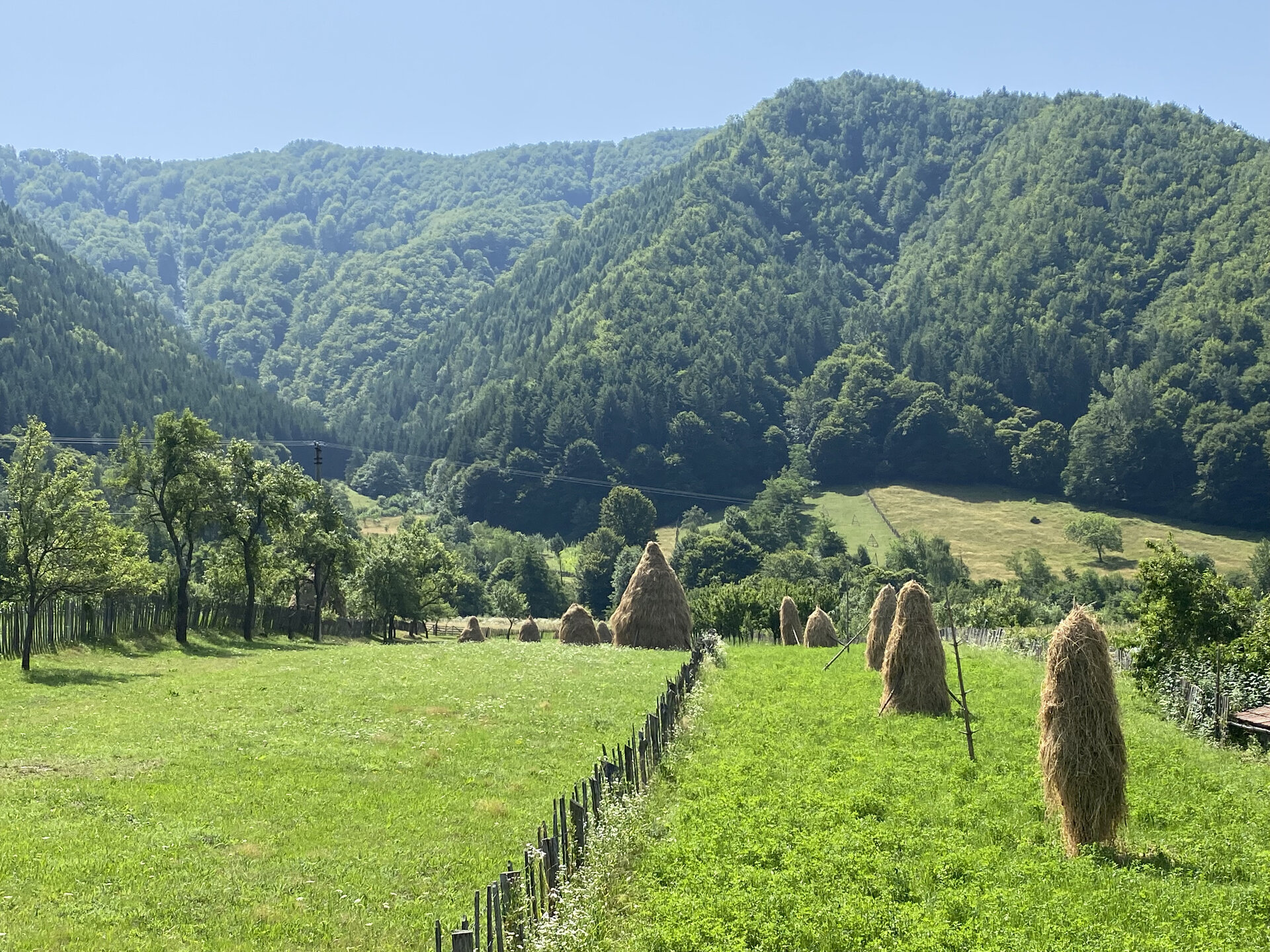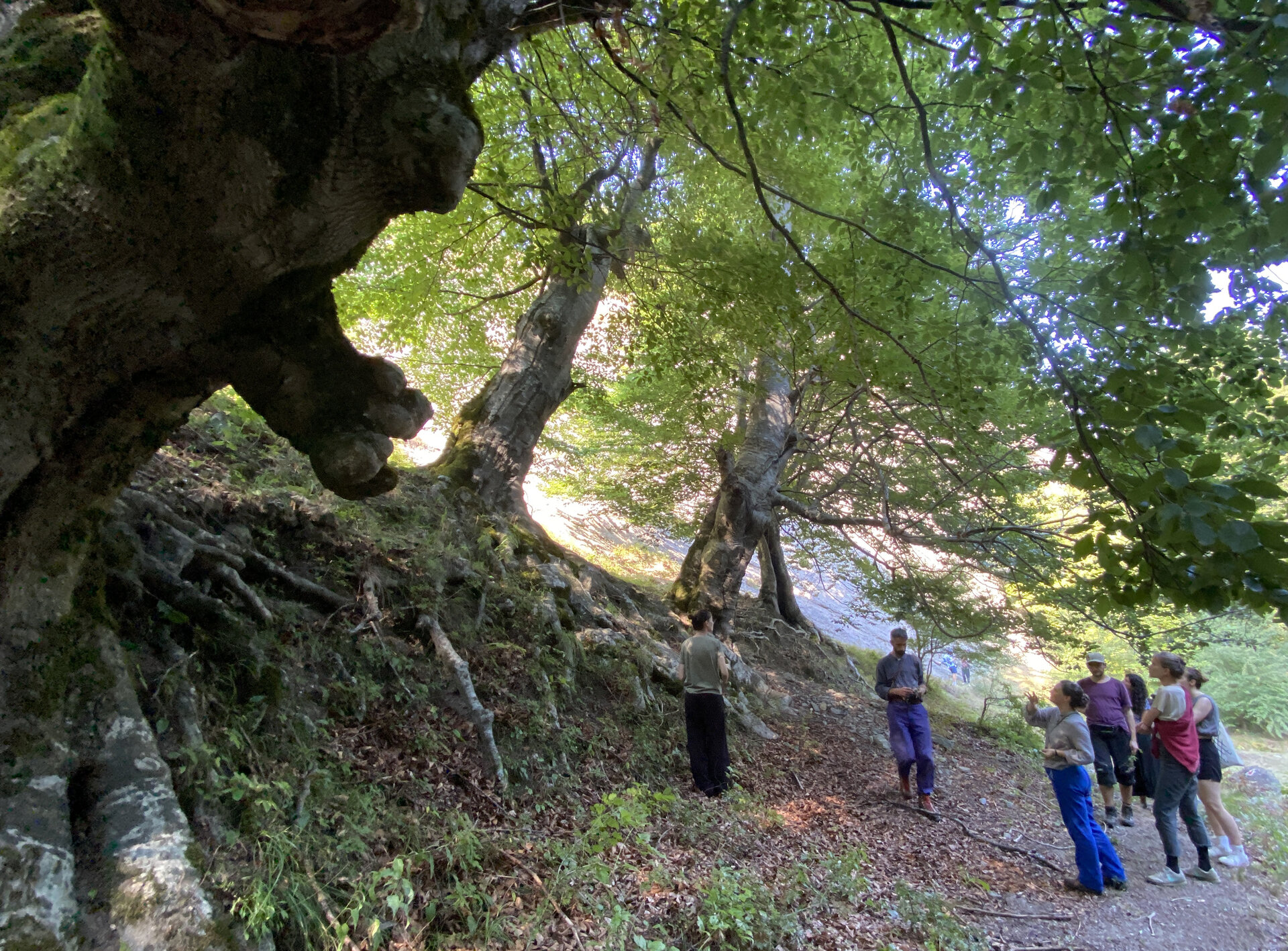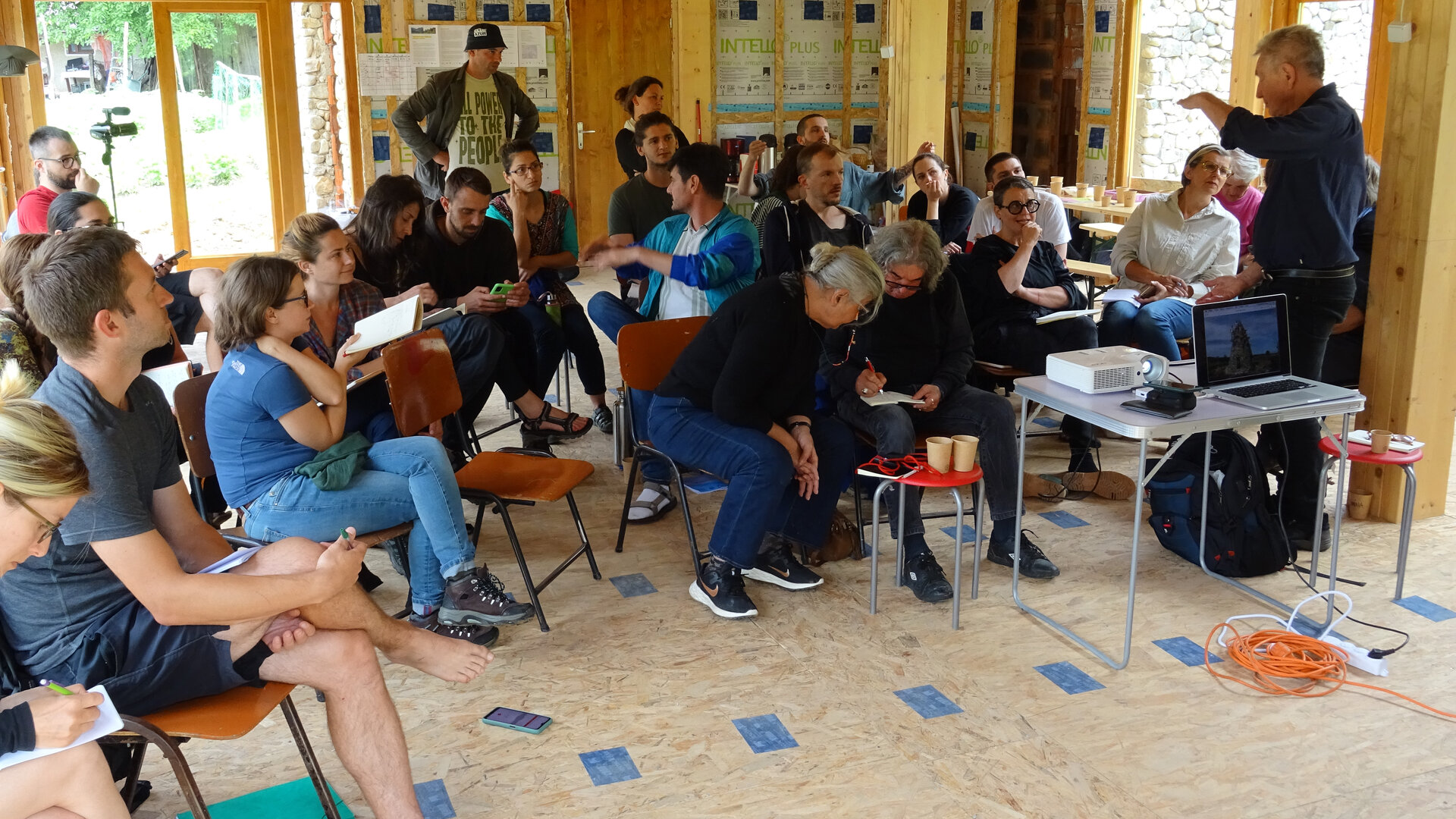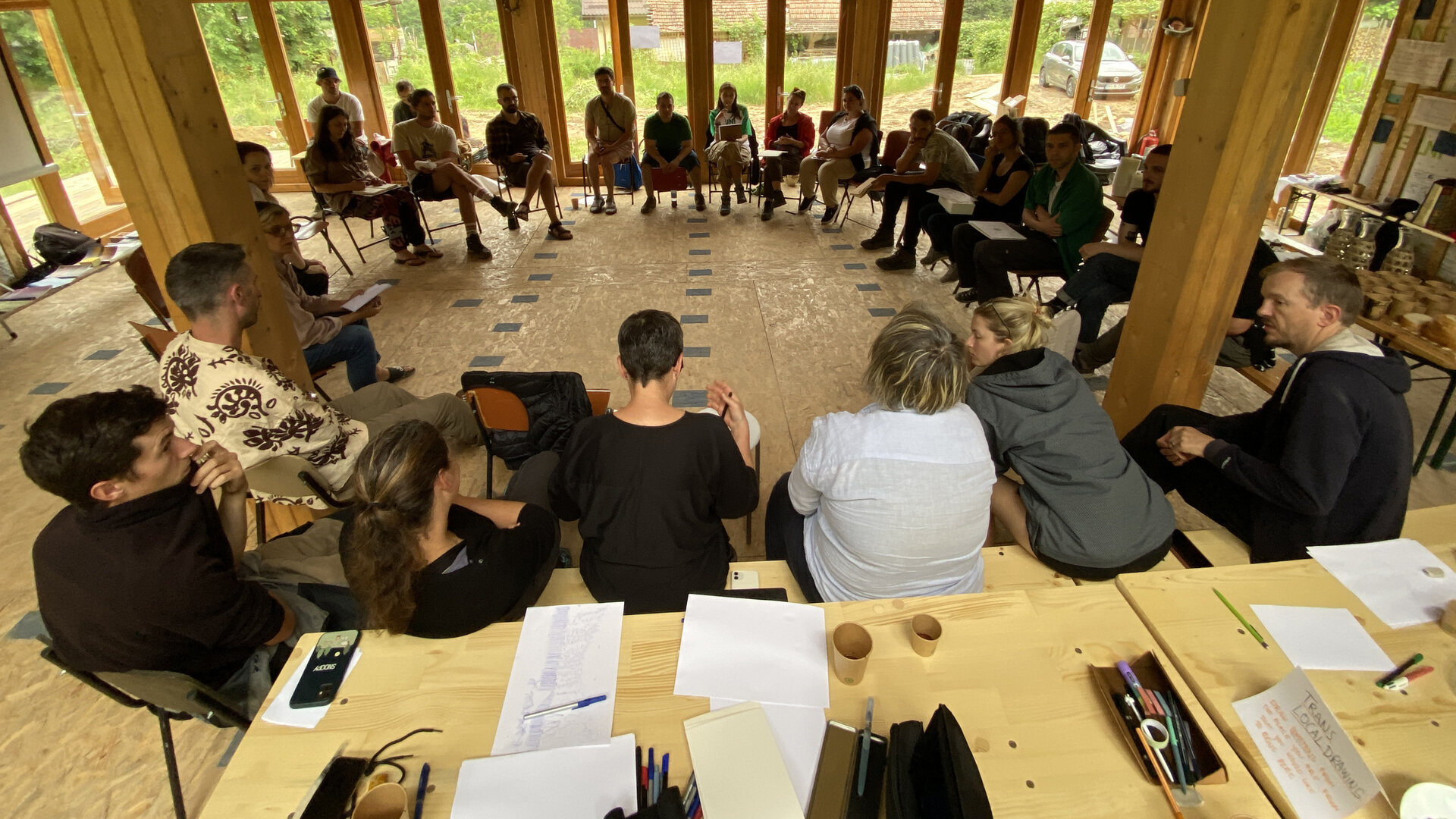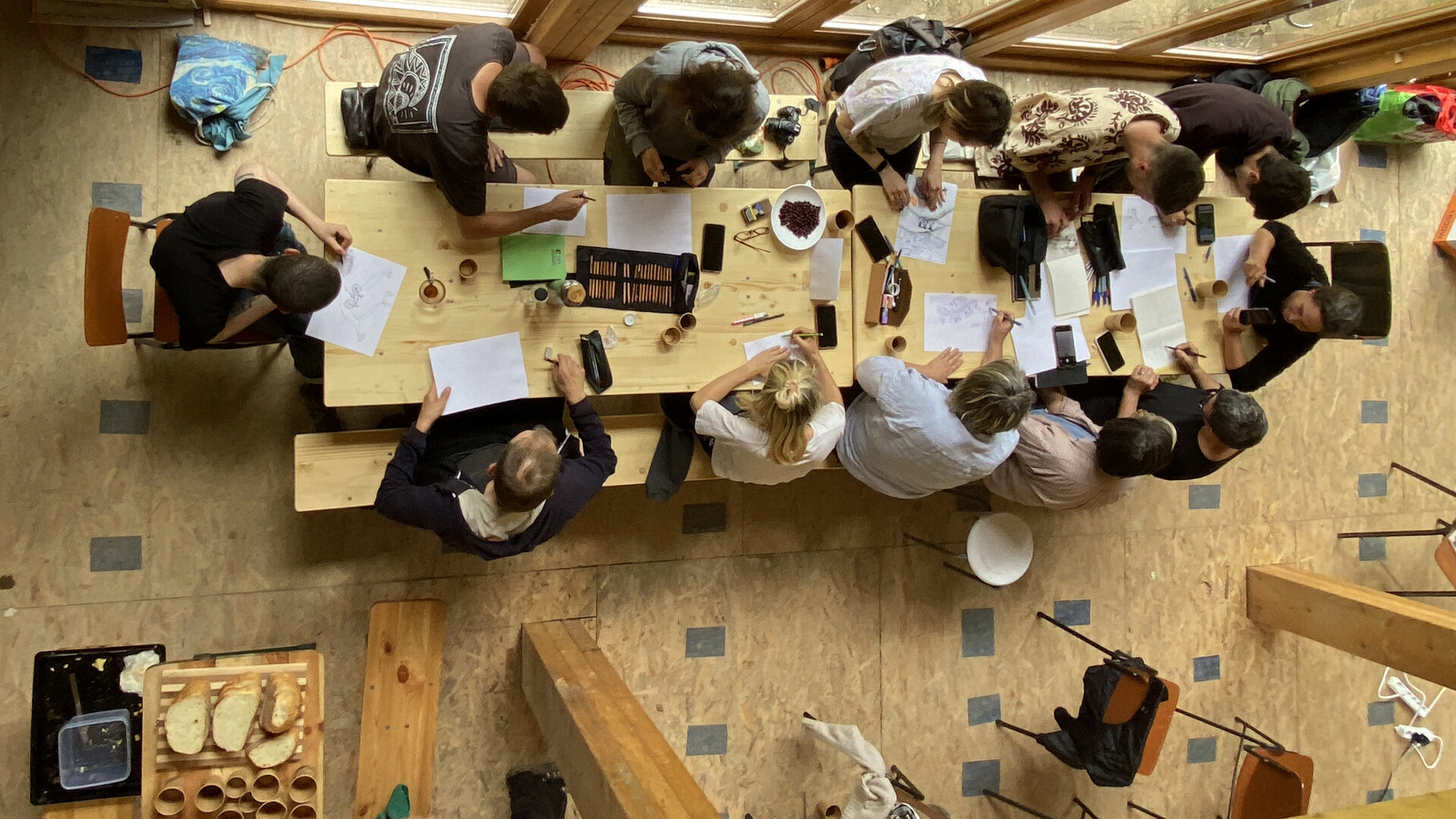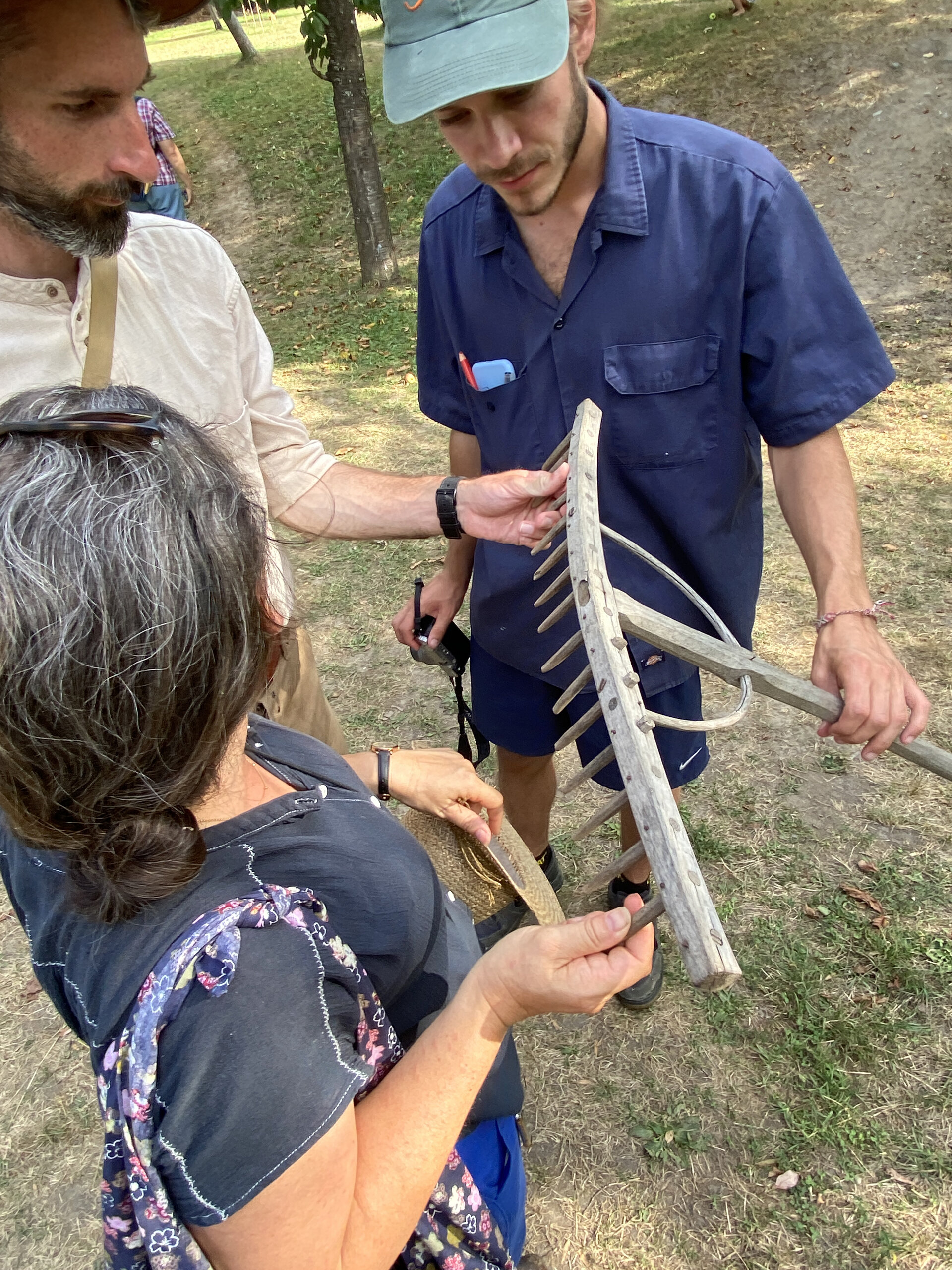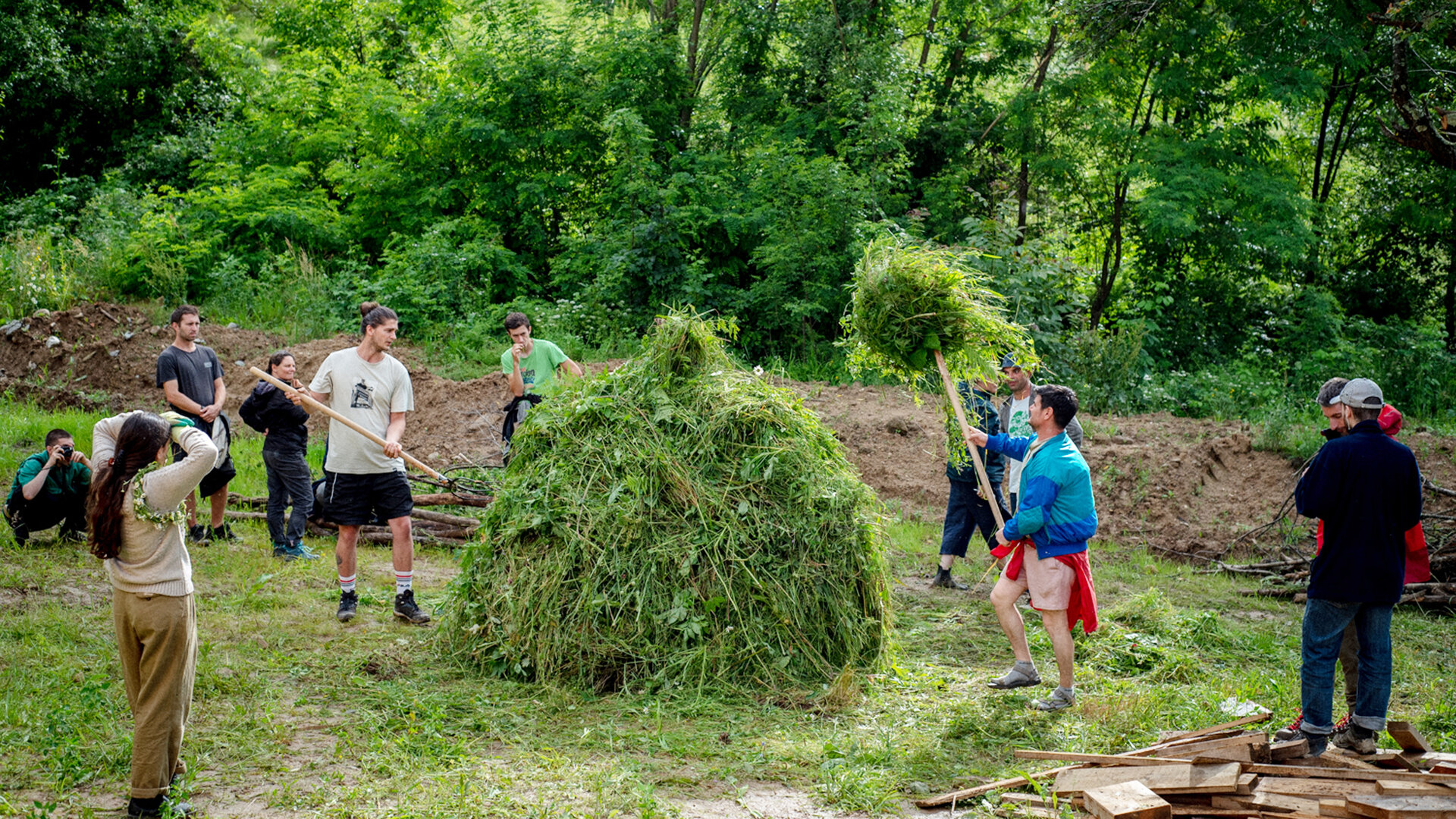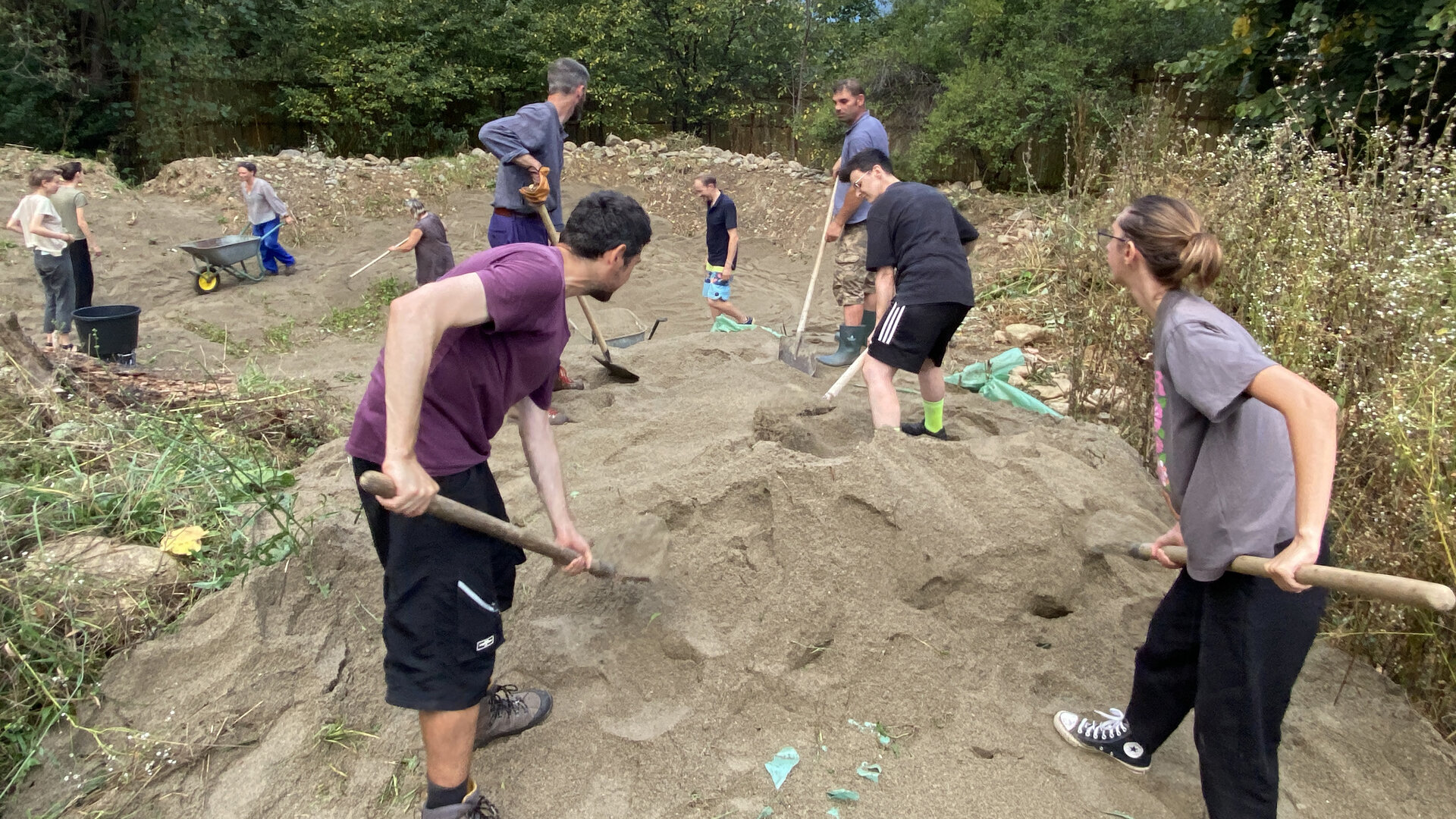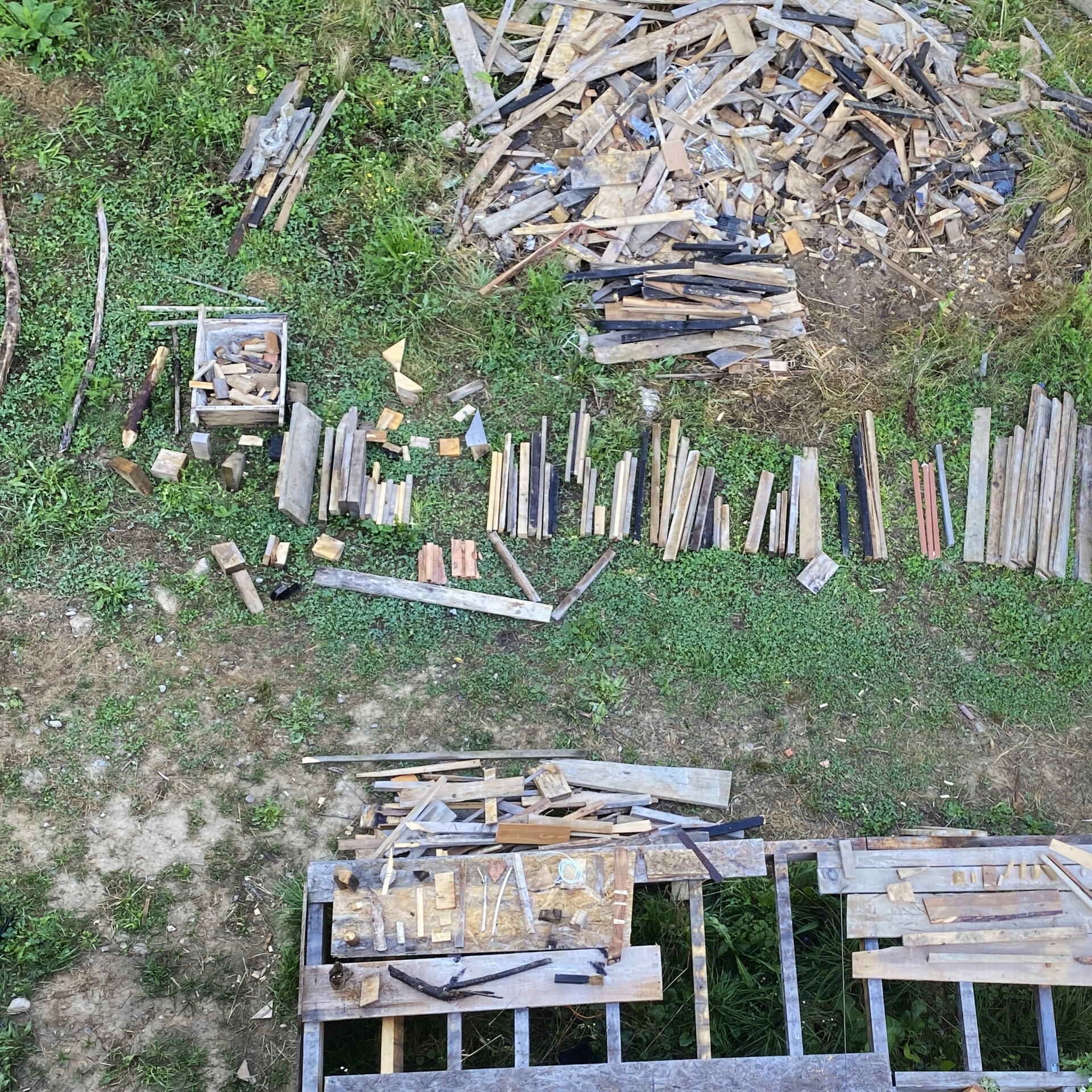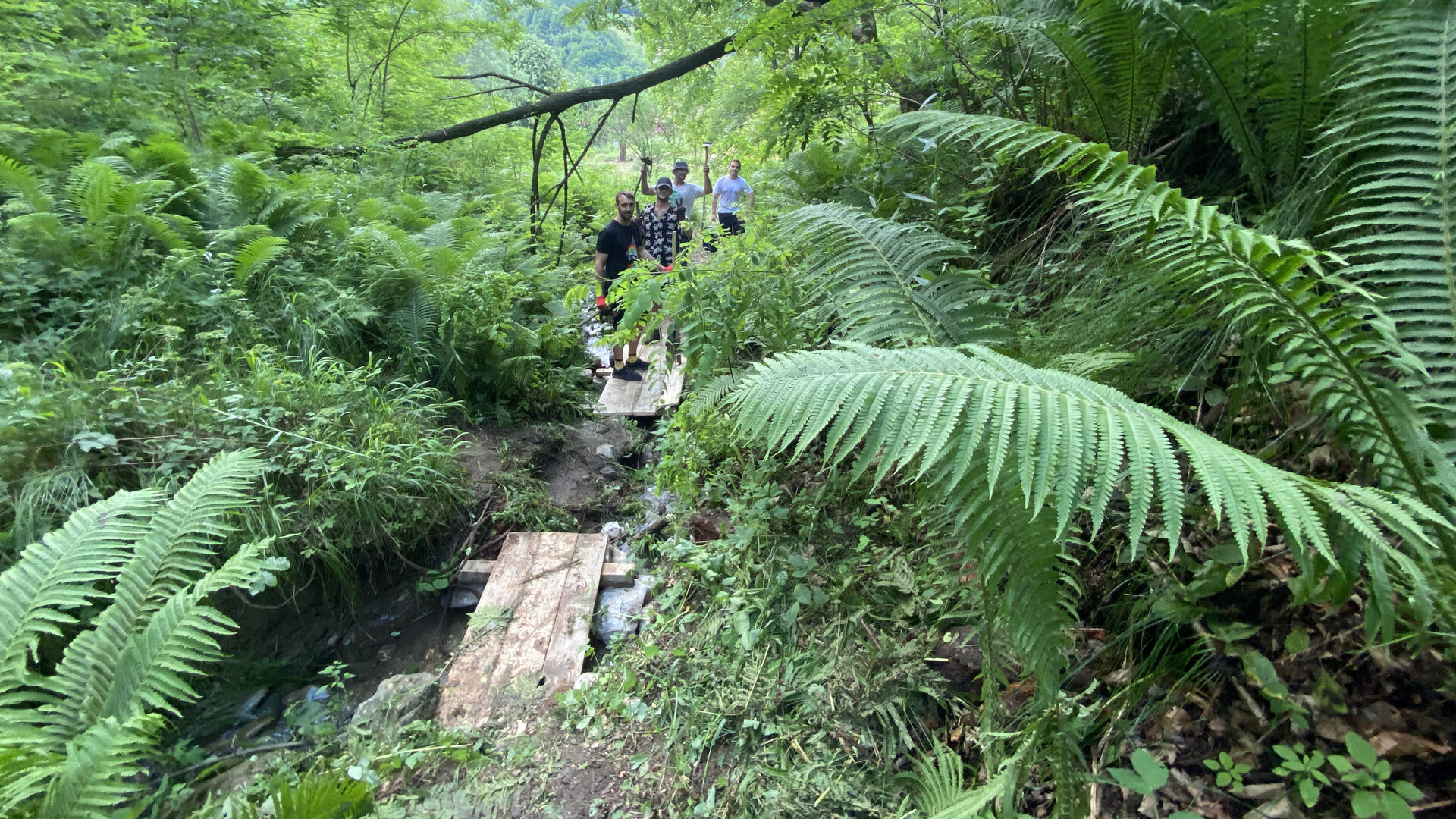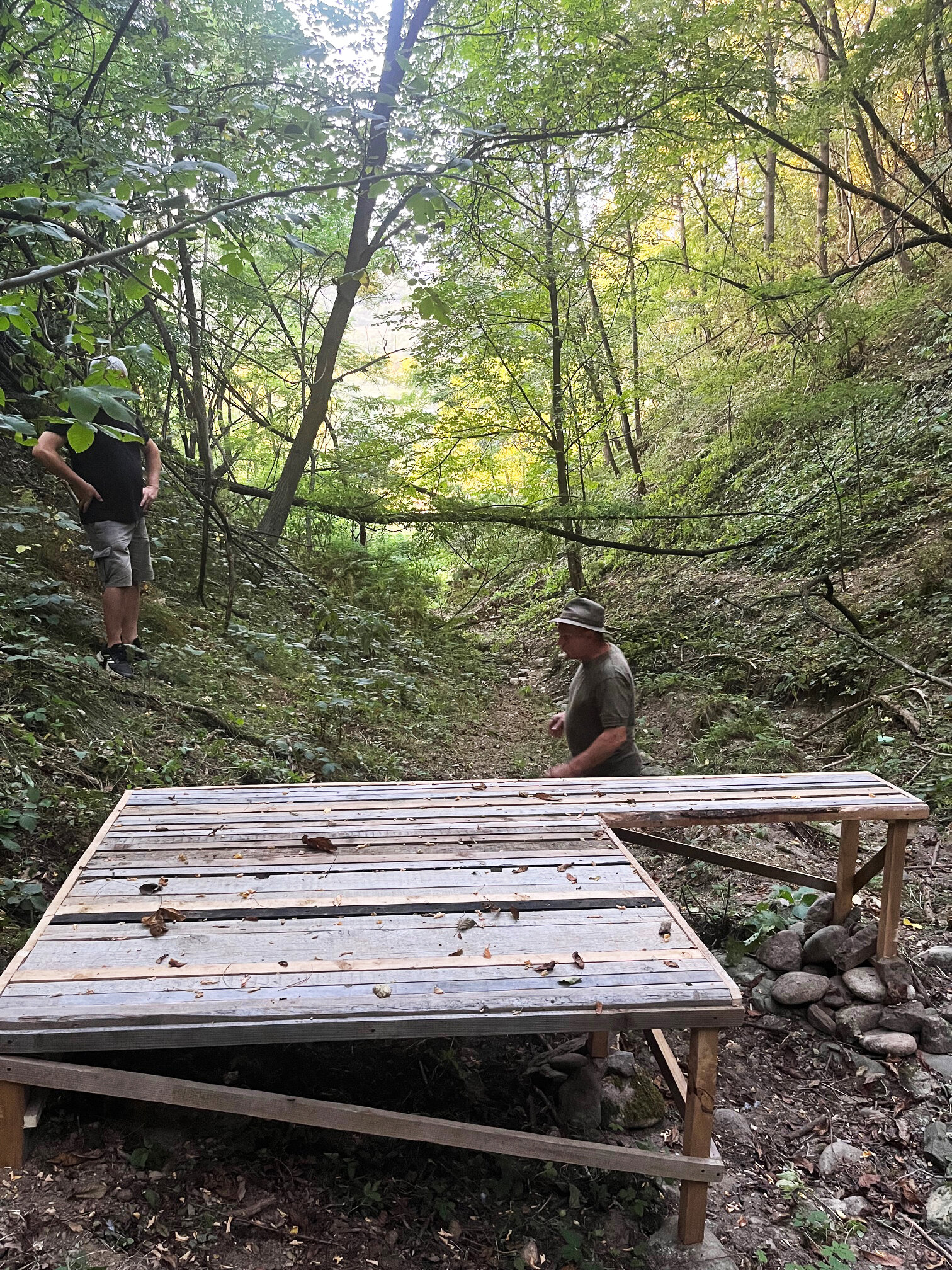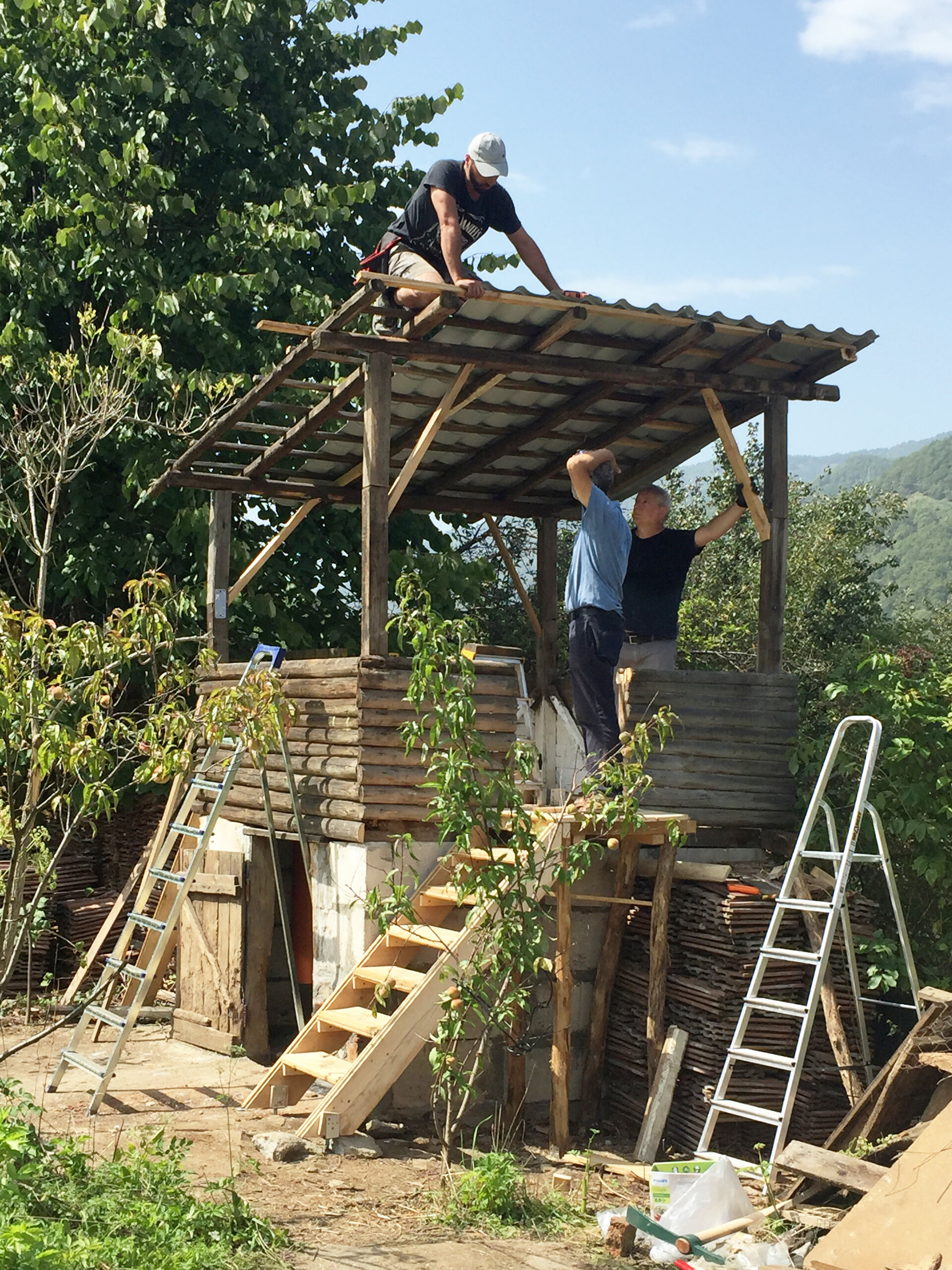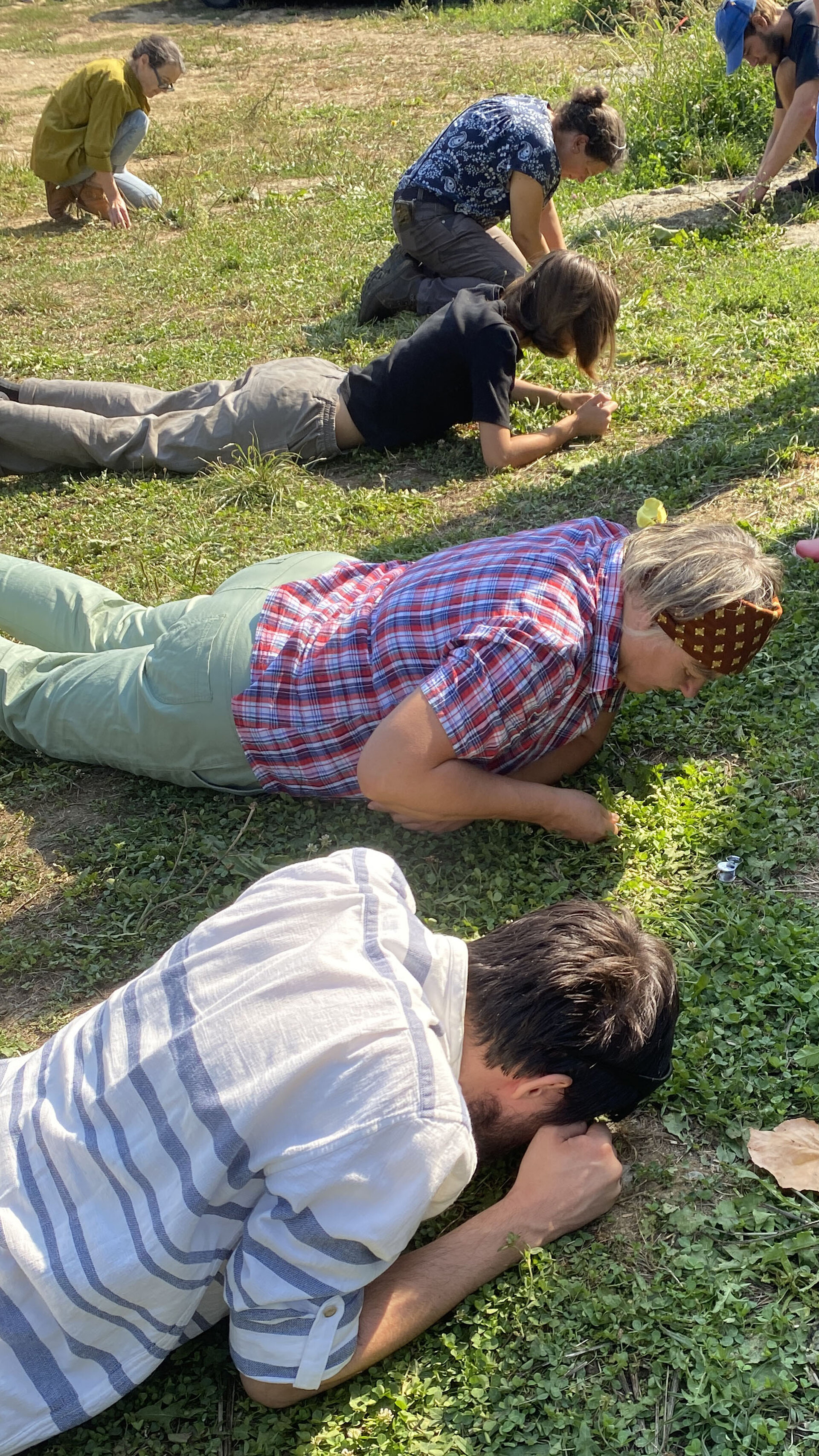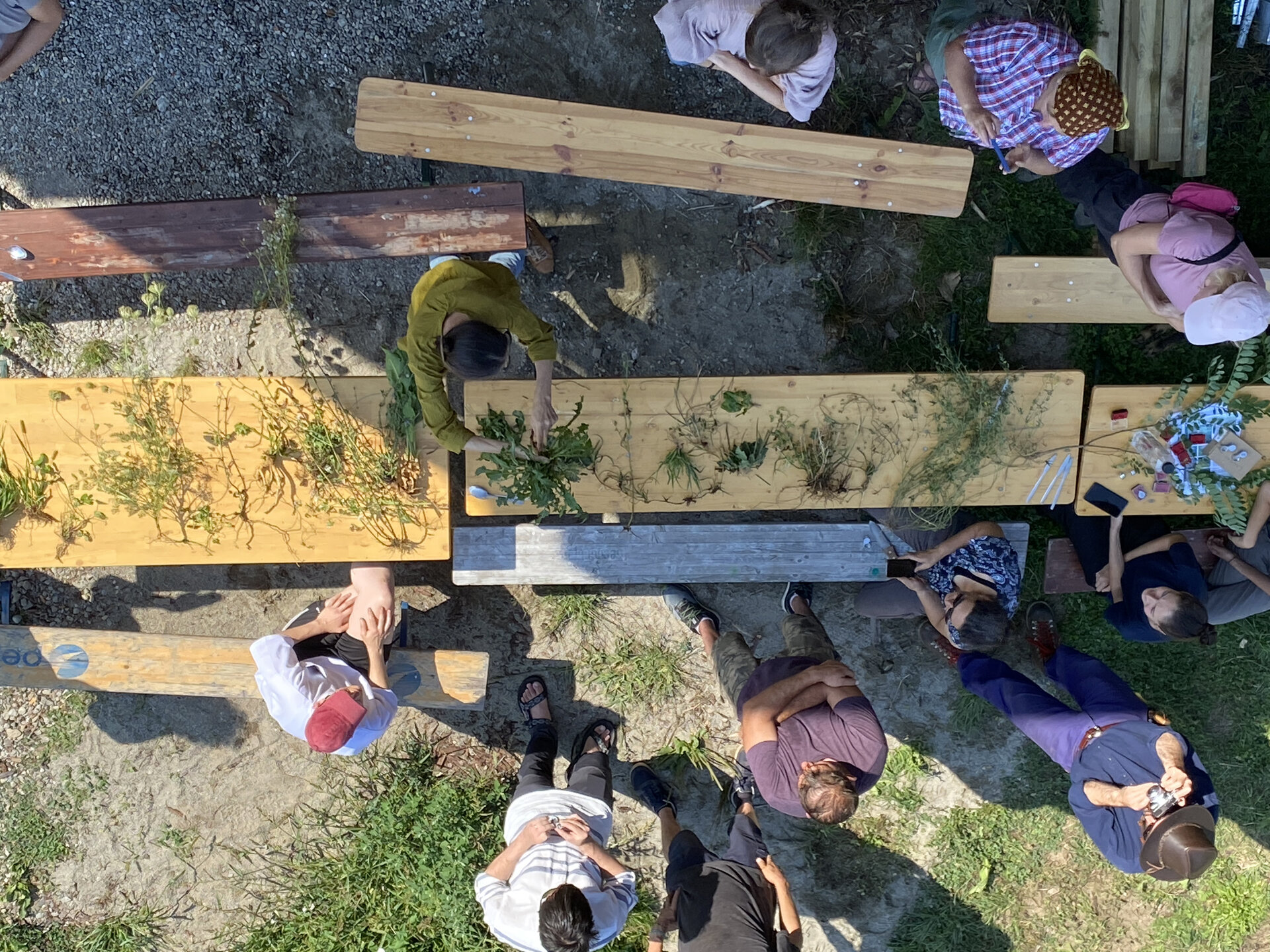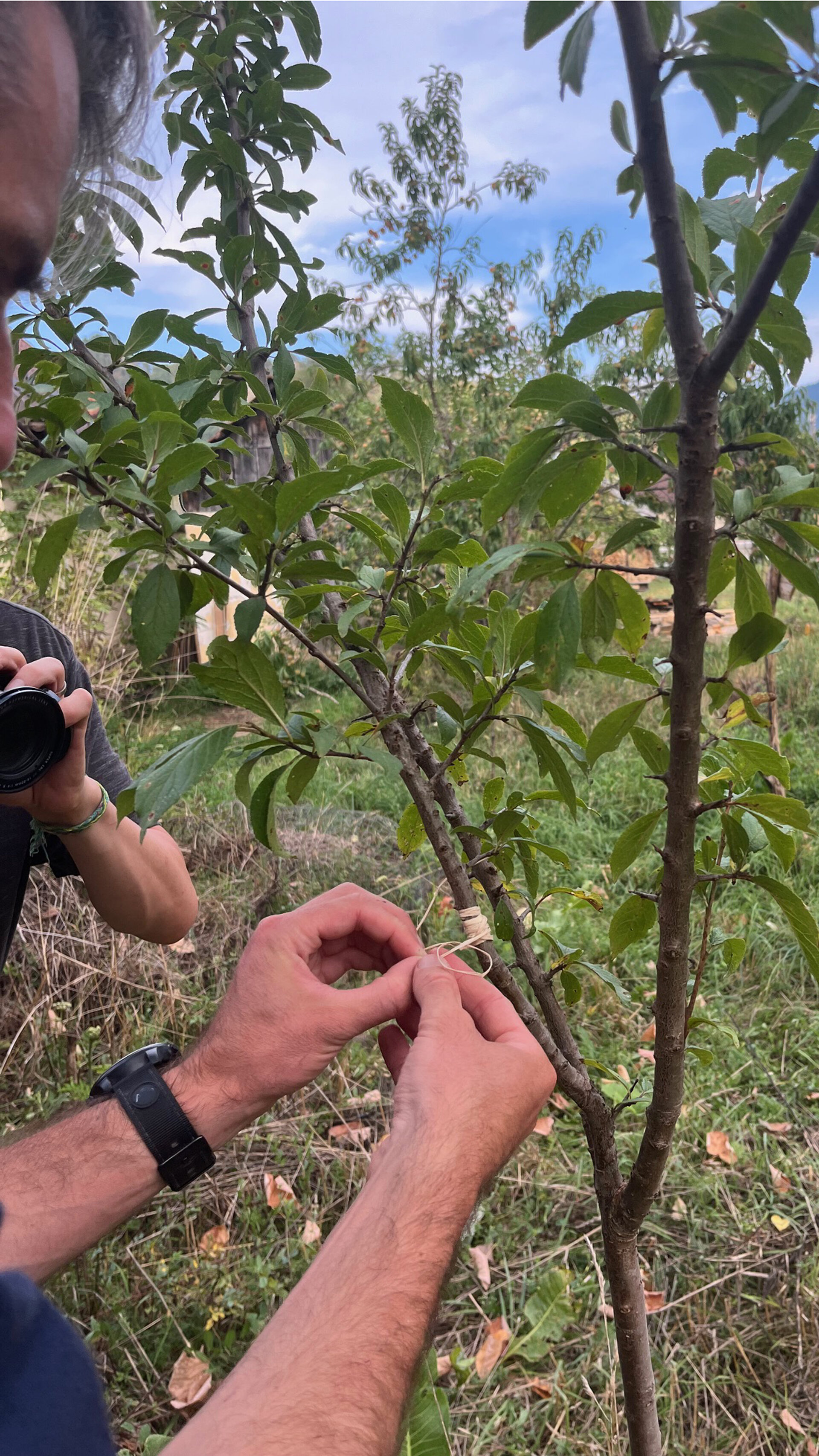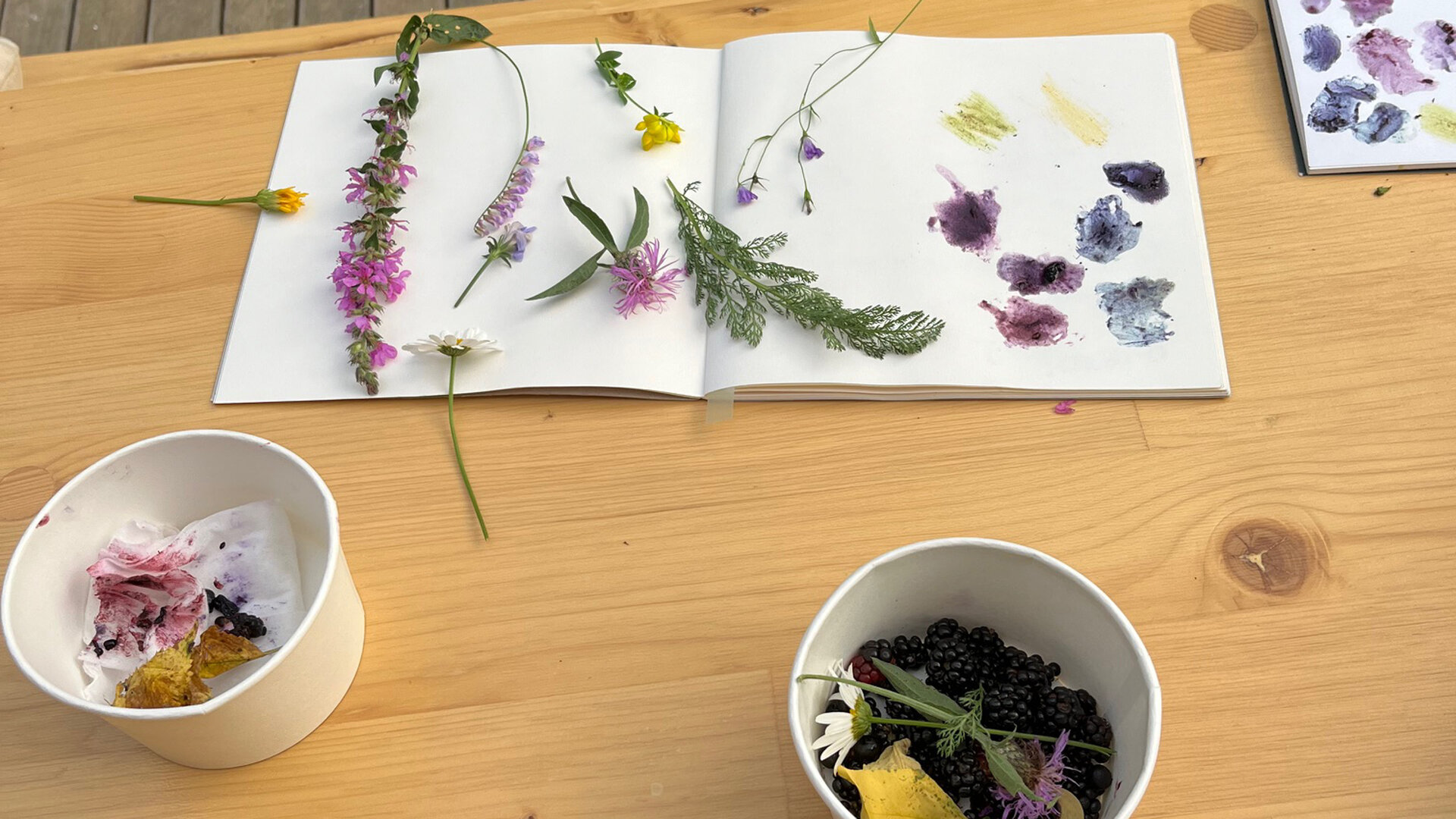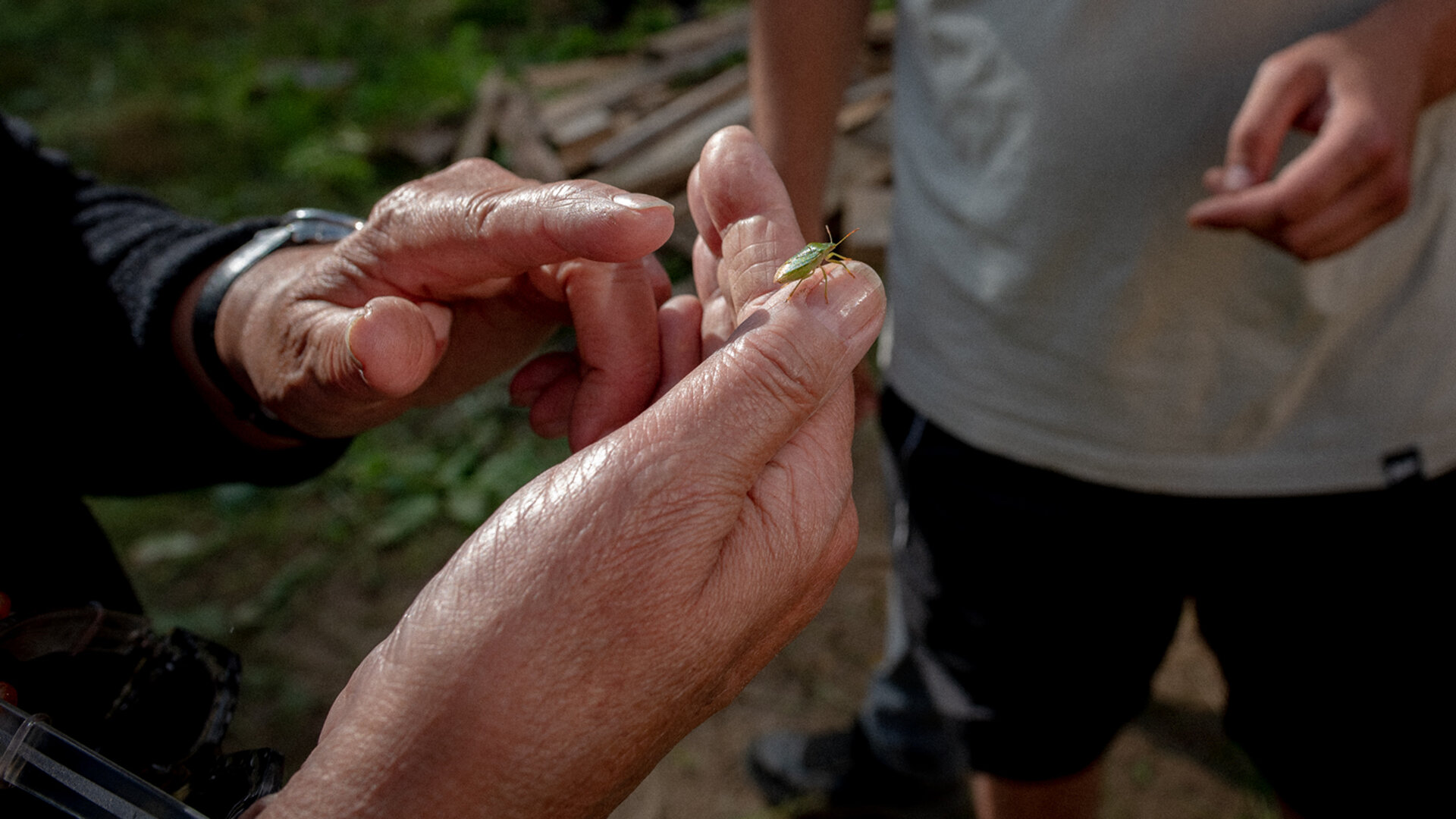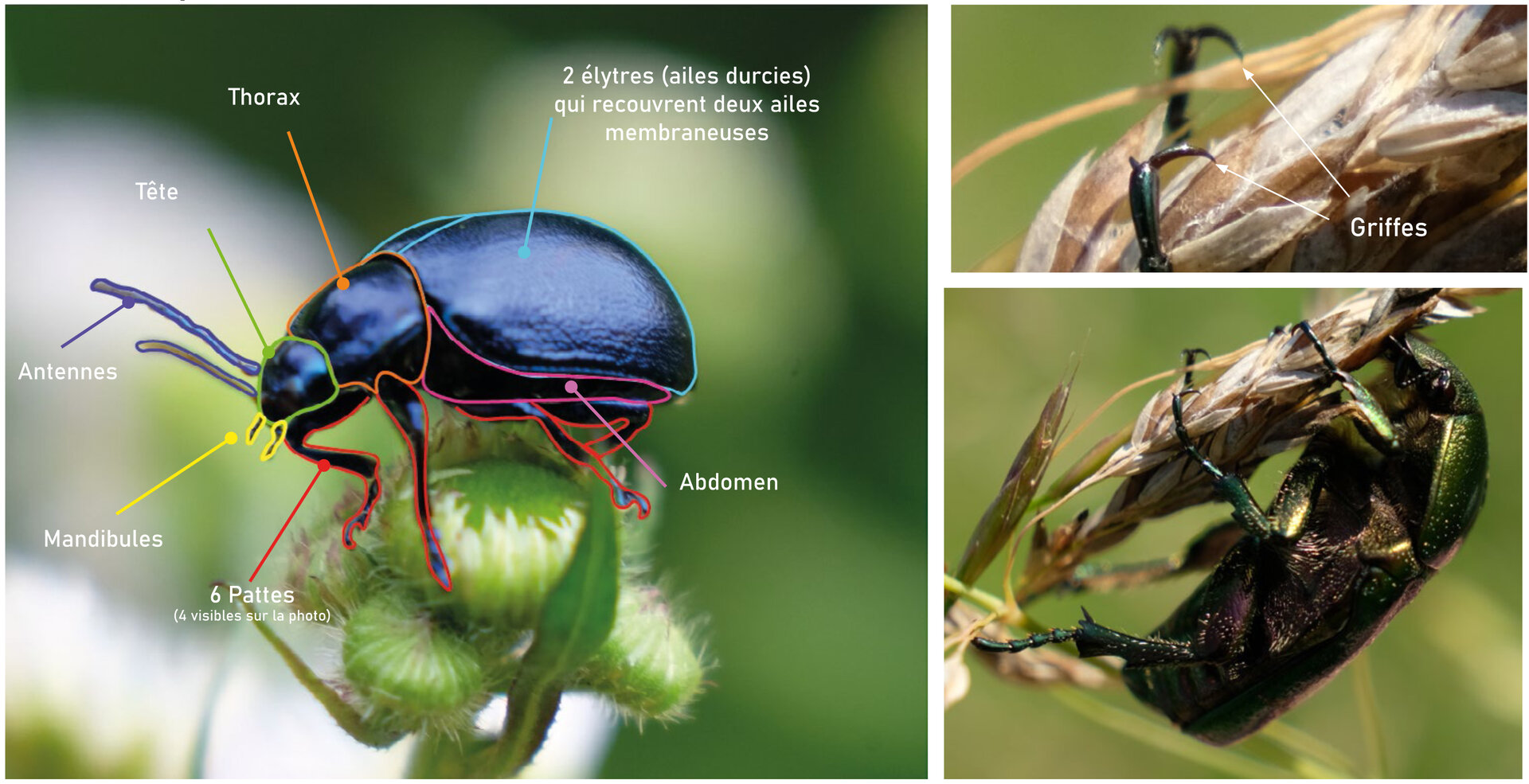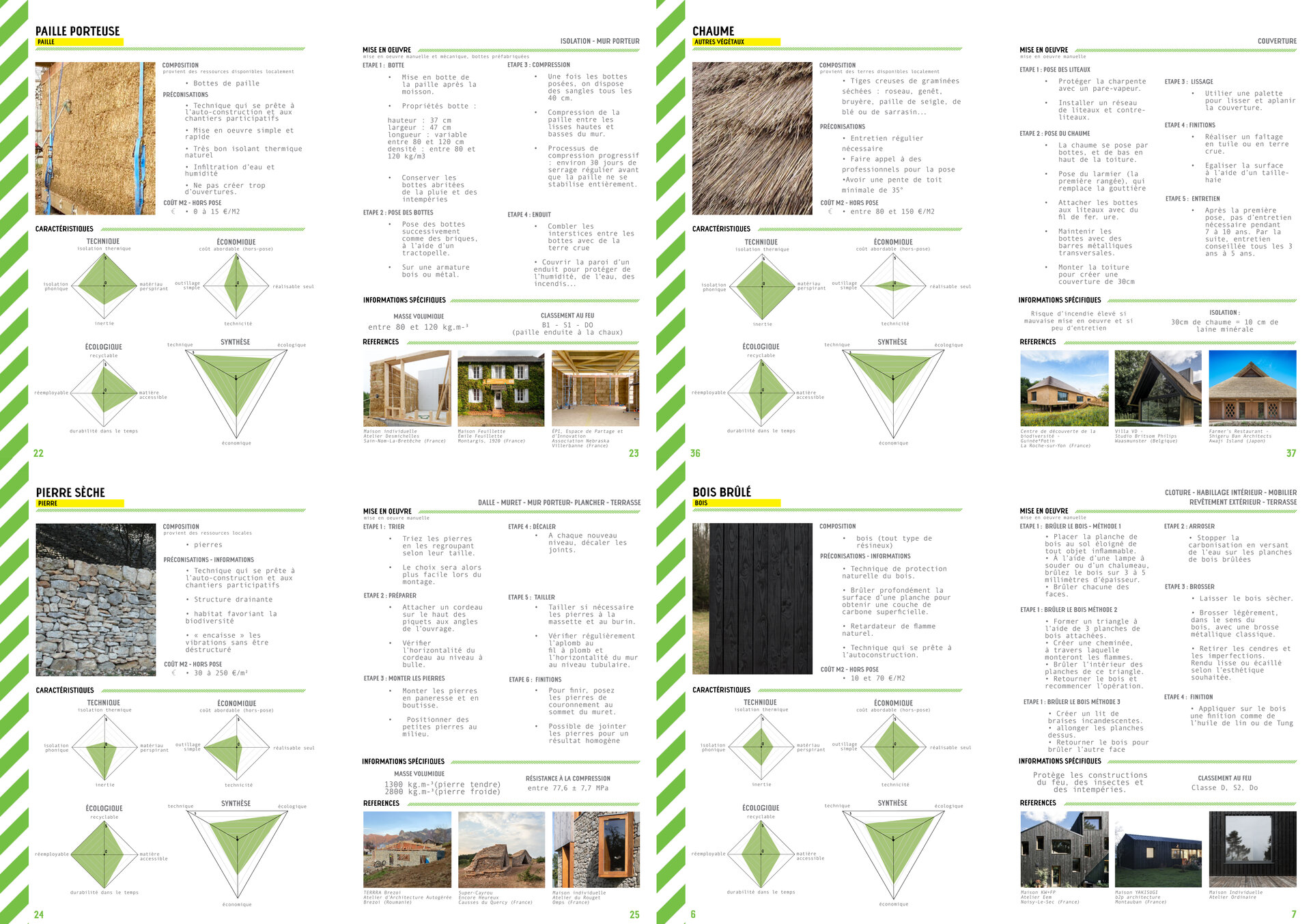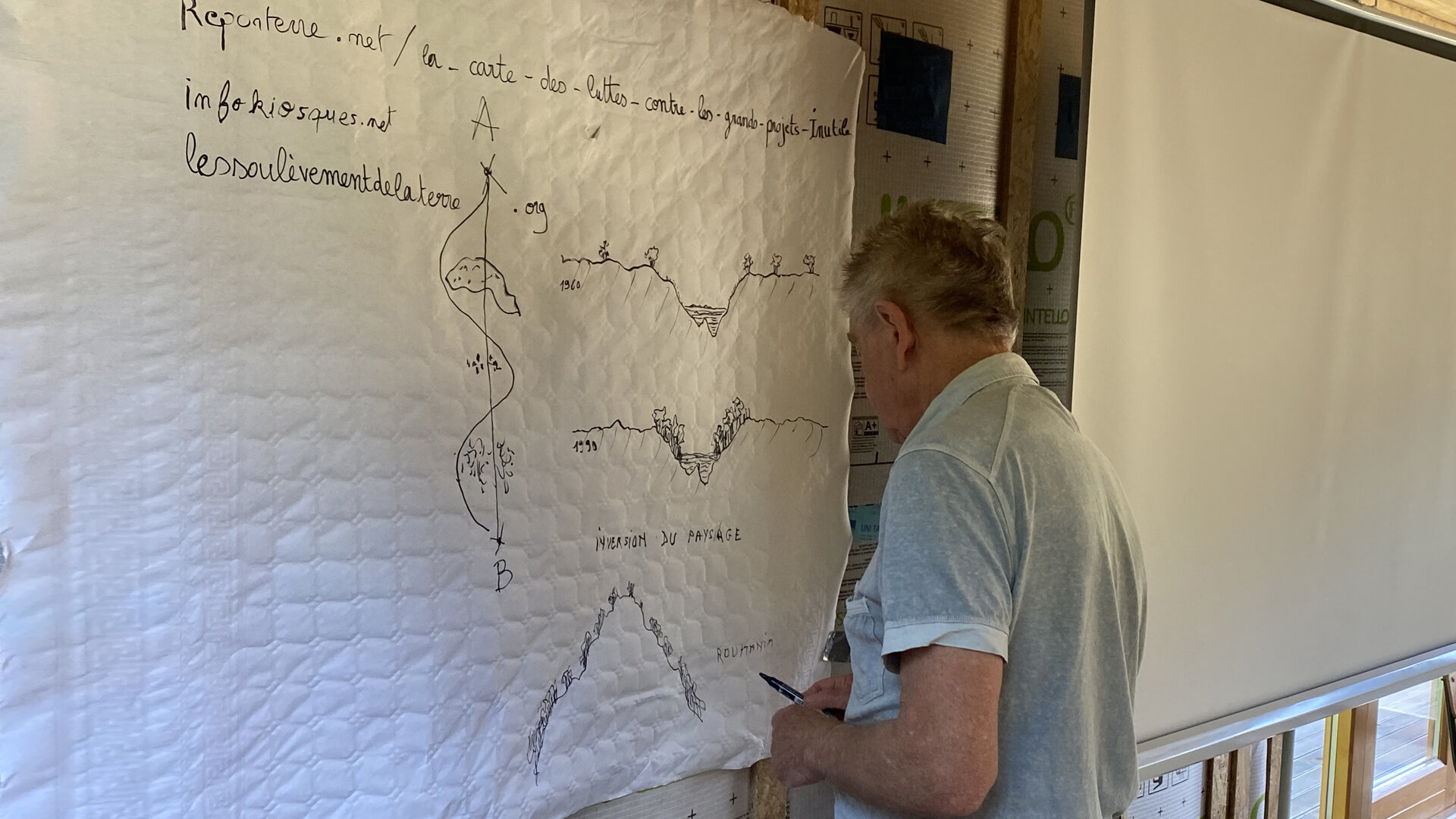
School of Planetary Gardeners TERRRA Brezoi
Authors’ Comment
The School of Planetary Gardeners TERRRA is a trans-local initiative that brings together diverse perspectives, including architecture, art, economics, ecology, activism, and civic pedagogy, all focused on ecological transition and resilience. The school promotes alternative education by facilitating encounters between local and international practitioners and young people disillusioned with formal education, which often fails to equip them with actionable knowledge to confront the climate crisis and navigate ecological change. It also addresses the decline of rural areas and the erosion of traditional knowledge related to rural economies, subsistence farming, nature stewardship, local history and spirituality, multispecies approaches, and the governance of shared resources.
Situated in Brezoi - a small town in the Carpathian Mountains_ within the TERRRA eco-civic hub that offers seminar spaces, accommodation, and opportunities for outdoor experimentatio, the school also hosts a local branch of the School of Planetary Gardeners initiated by French landscape designer Gilles Clément. Gilles Clément defines "planetary gardening" as a way of living harmoniously with a non-infinite nature, and acting both as a gardener and a steward. The TERRRA school provides training opportunities for young architects and designers aspiring to become "planetary gardeners".
Rather than functioning merely as a training program, the school’s curriculum creates a space for encounter and co-production among individuals from diverse backgrounds. It fosters new alliances across various disciplines (architecture, botany, ecology, etc) and traditions, allowing for flexible roles and the exchange of a wide range of localized knowledge through mutual learning processes. As part of this initiative, a selection of civic practitioners (including farmers, craftsmen, forest workers, shepherds, beekeepers, etc.) are paired with experts (such as botanists, ecologists, and eco-designers) to co-teach relevant topics like community economies, biodiversity preservation, the rights of nature, ecological remediation and water management.
The school’s pedagogy emphasizes ‘learning by doing’. Students participate in workshops where they explore various ecological techniques in situ, such as scything, grafting, coppicing, plant and insect identification, and the use of reclaimed or bio-sourced materials in construction. These techniques promote the use of locally crafted traditional tools. The workshops also involve craftsmen dedicated to maintaining landscape management based on a "non-spending economy," such as members of the five traditional commons (obște) in Brezoi, who continue to manage their forests collectively.
The school operates through a form of soft activism, supported by transversal and translocal collaborations facilitated by the TERRRA partners and their networks, which also include civic organizations and institutions in Brezoi and throughout Romania.
Activities to Date
Two international seminars and summer classes have been organized: one in 2023 focusing on "Land & Soil" and another in 2024 on "Water & Forest". These events have attracted different participants, members of the TERRRA network, students from the Schools of Planetary Gardeners France, students from Limoges (France), Sheffield (UK), Universitatea Oradea, Cluj, UIAM, and the Faculty of Landscape and Horticulture in Bucharest, local public.
- The Yellow Line
- #OPENGIARDINI
- Optical Frames
- Limanu Summer School 2024 - Multicultural Heritage on the Edge
- Voice Your Place 2.0
- WOODJOIN Wood connecting - how it’s designed, how it’s made and how it works
- Reflected spaces
- Signs of Life
- Voices of the past. Muntari - the village lost in the mountains
- School of Planetary Gardeners TERRRA Brezoi
